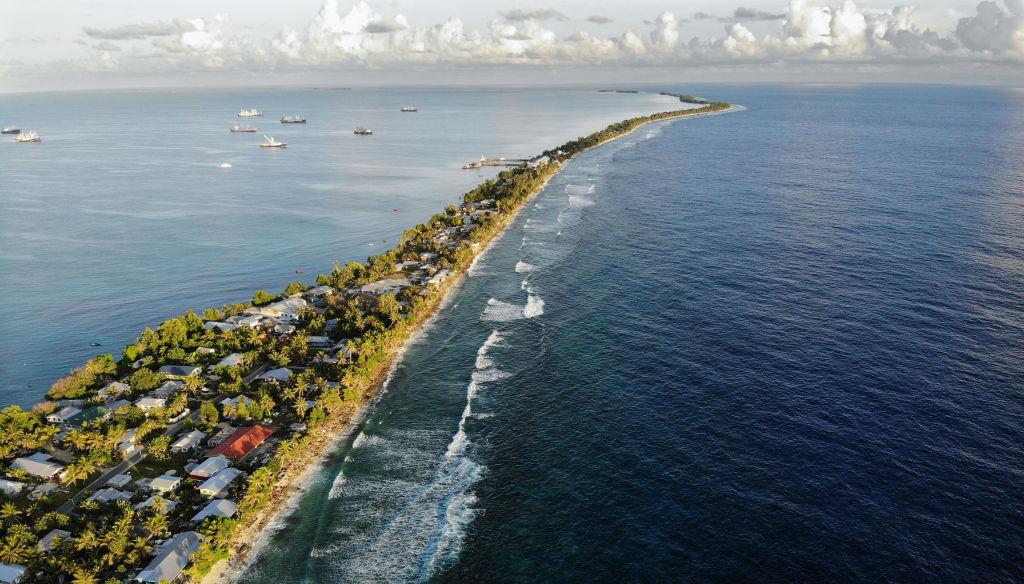Tuvalu’s prime minister has told the Commonwealth Heads of Government (CHOGM) meeting that planned the planned expansion of fossil fuel projects in nations such as Australia represented, for his country, a “death sentence” as climate change took centre stage in Apia, Samoa.
The phrase had not been chosen lightly, said Prime Minister Feleti Teo, who warned that Pacific Islands countries “will not sit quietly and allow others to determine our fate.”





